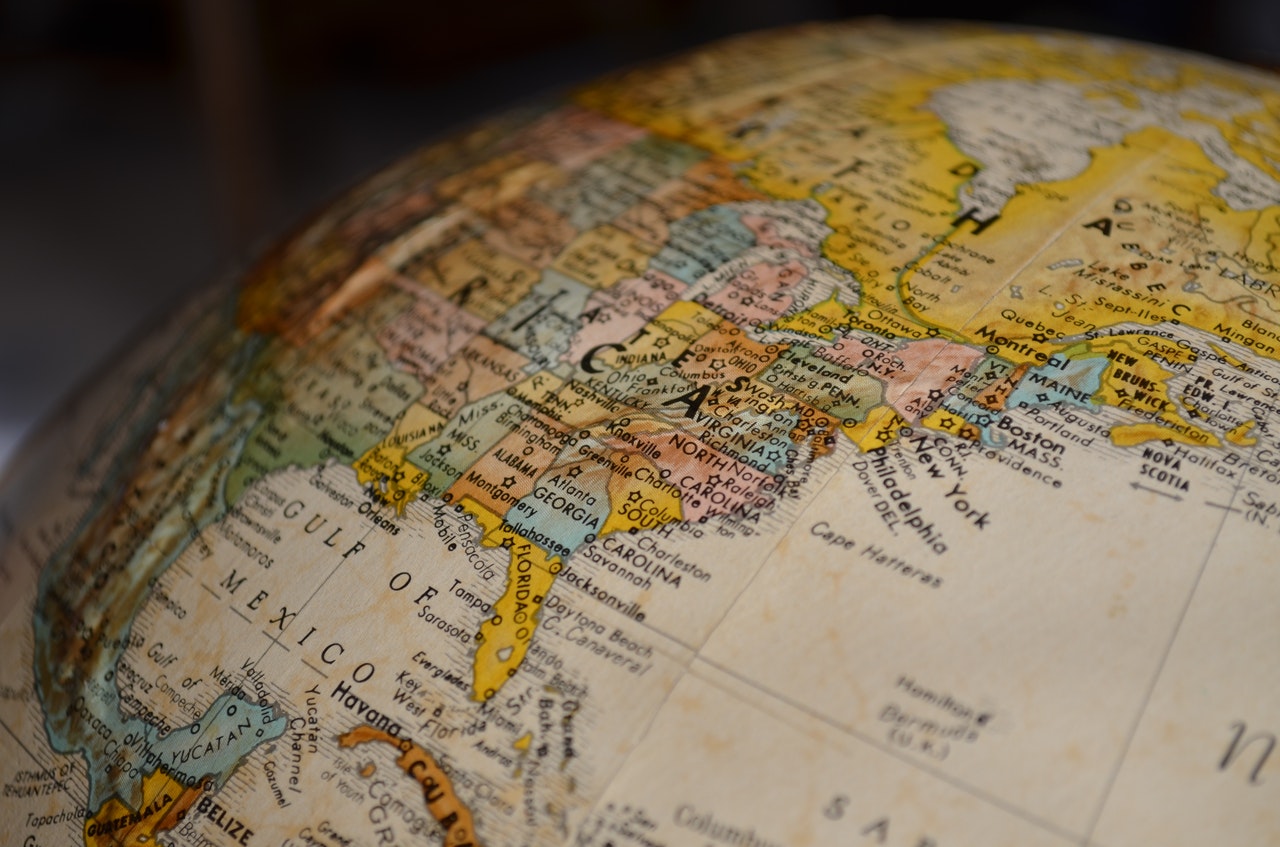Per the name of our site, we already know that crypto is off the [block]chain. The cryptocurrency market is now worth $300 billion and BTC is now trading well north of USD $13,000, according to CoinDesk Bitcoin Price Index.
The technology has unlocked the potential for national regulation workarounds and instantaneously enters your wallet from anywhere in the world. It’s important to keep in mind that various factors play into deciding top blockchain countries, such as tax rates, whether it’s banned, welcomed or tolerated by governments, or whether you can withdraw it in physical form at a local ATM. A few of these might be obvious and some others might warrant a second look.
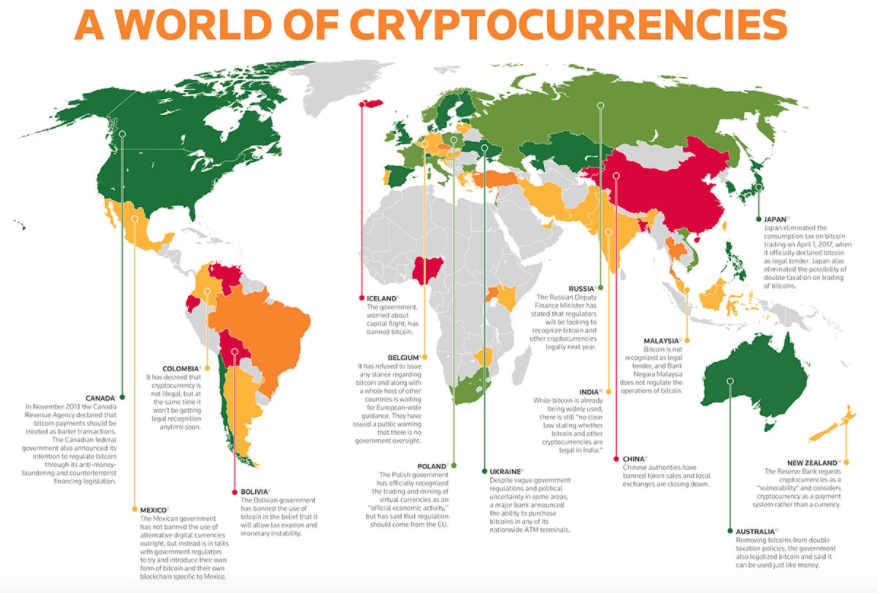
We take a look at which countries are already on the blockchain train.
United States
As home to Silicon Valley and other blockchain-friendly states, the United States has one of the strongest cryptocurrency and blockchain startup scenes with bitcoin ATMs easily within reach of large city dwellers.
It should be noted that the fintech landscape varies significantly by state and the friendliest regulations are in Texas, Kansas, Tennessee, South Carolina and Montana. As anticipated, lawmakers in Washington remain skeptical and warn of the financial instability of Bitcoin since it remains uncharted tax territory and increases the risk of money laundering.
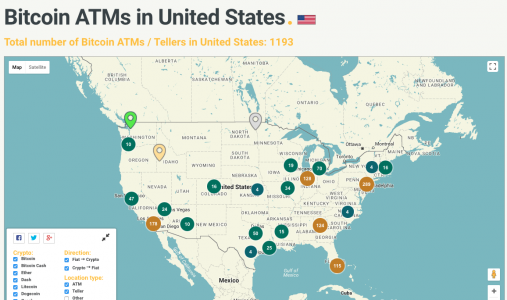
Panama
It might be too soon after the infamous shell company bust but Panama is an emerging player on the blockchain stage. The Blockchain Embassy Panama has recently opened its doors and intends to serve the general public, connoisseurs, enthusiasts, developers and entrepreneurs in the blockchain ecosystem.
Although not a Panamanian, Cryptobuyer, a Venezuelan digital asset company, set up shop in the form of the first two Bitcoin ATMs (BTMs in Spanish) at two commercial banks in Panama City. With the foot traffic of high net worth expats, it makes sense for Panama to be blockchain friendly.
Estonia
Estonia, the blockchain nation and e-government pioneer, knows advanced data encryption technology like no other. The Public Key Infrastructure and eID are based on the tech and include 2-factor identification.
All data remains decentralized, yet you’ll never find the same data in two places. Because they were so advanced in their blockchain tech, Estonia was considering adopting their own e-currency earlier in the year (“estcoin”). However, the President of the European Central Bank, Mario Draghi, wasn’t a fan of any EU country creating their own currency aside from the Euro.
Denmark and Sweden
Leave it to the Nordic countries to remain ahead of the happiness and finance curves. Both Denmark and Sweden keep the world on their toes with plans to go 100% digital.
The Danish have taken well to blockchain as BTC isn’t subject to capital gains, 80% of transactions are already electronic and they are toying with the idea of a digital only e-krone token just like their Swedish neighbors. Stay hygge and hang tight with your coins, friends.
Japan
In Japan, Bitcoin has been recognized as legal tender since April, a huge contrast to China and South Korea, who hinder and ban blockchain tech altogether.
In September, Japan accounted for more than 50% of Bitcoin trades. Just recently has Japan’s Financial Service Agency (FSA) approved 11 exchange operators to enter the Japanese market. Strict anti-money laundering protocol must be followed, but if they play within the rules, crypto in Japan can certainly even more in the near future.
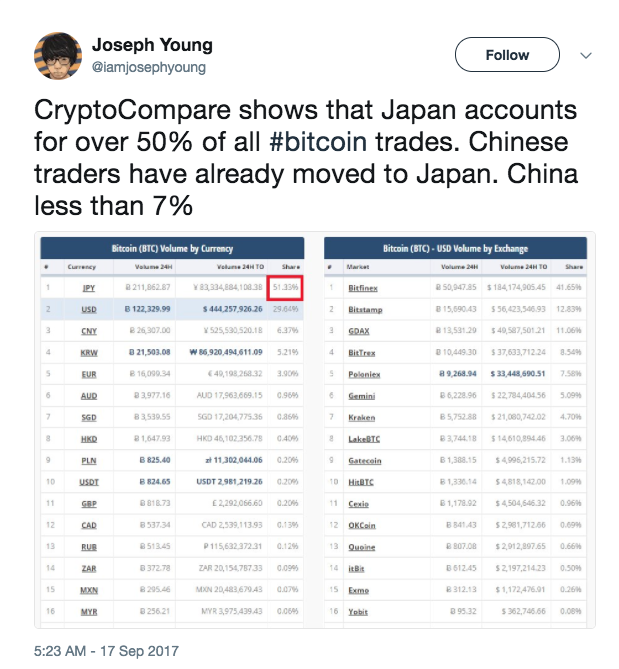
South Africa
South Africa has shown initiative in opening up their economy to welcome blockchain by hosting the Blockchain Africa Conference 2018 in Johannesburg next March. Additionally, their second largest national grocery retailer, Pick n Pay, piloted and now accepts Bitcoin payments.
The most popular exchange in South Africa is Luno, and while national policy remains informal and unclear, it is the responsibility of citizens to report all transactions to the South African Revenue Service.

United Arab Emirates (UAE)
The largest and most populous city in the United Arab Emirates (UAE) and playground for the elite, Dubai, is no stranger to blockchain technology. In the real estate market, 30 BTC, can buy a luxury apartment in the Aston Plaza Development.
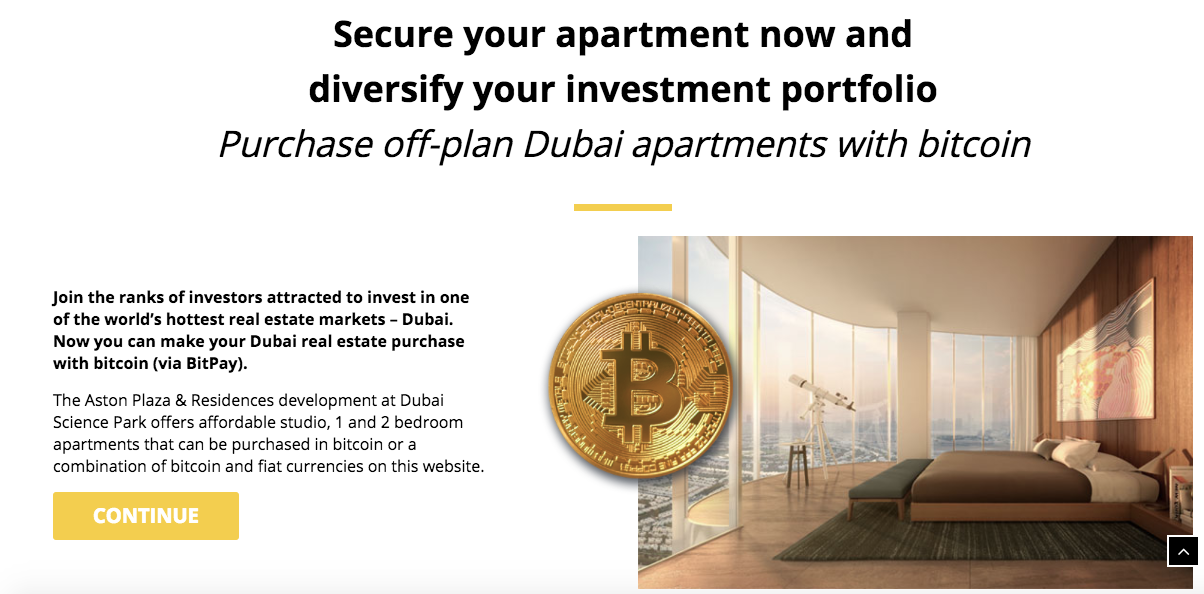
Dubai has plans to be the first blockchain-powered government by 2020. While not the strongest performer out there, the DubaiCoin (DBIX) has been around since February 2016 and is now trading around USD $8. More important than the coin performance is the recognition that the UAE was a willing blockchain technology adopter earlier than other regional players.
The global crypto climate fluctuates and there are many variables contributing to where is best to carry on a blockchain-friendly life, so the best spots are certainly subjective.
If you want to buy property, perhaps Dubai or London work best for you. However if you’re scoping out the hottest mining scene or searching for Bitcoin ATMs to keep your coins where you can see them, your preferred location could differ significantly. My final advice is to go where you’re treated best based on your blockchain needs.

